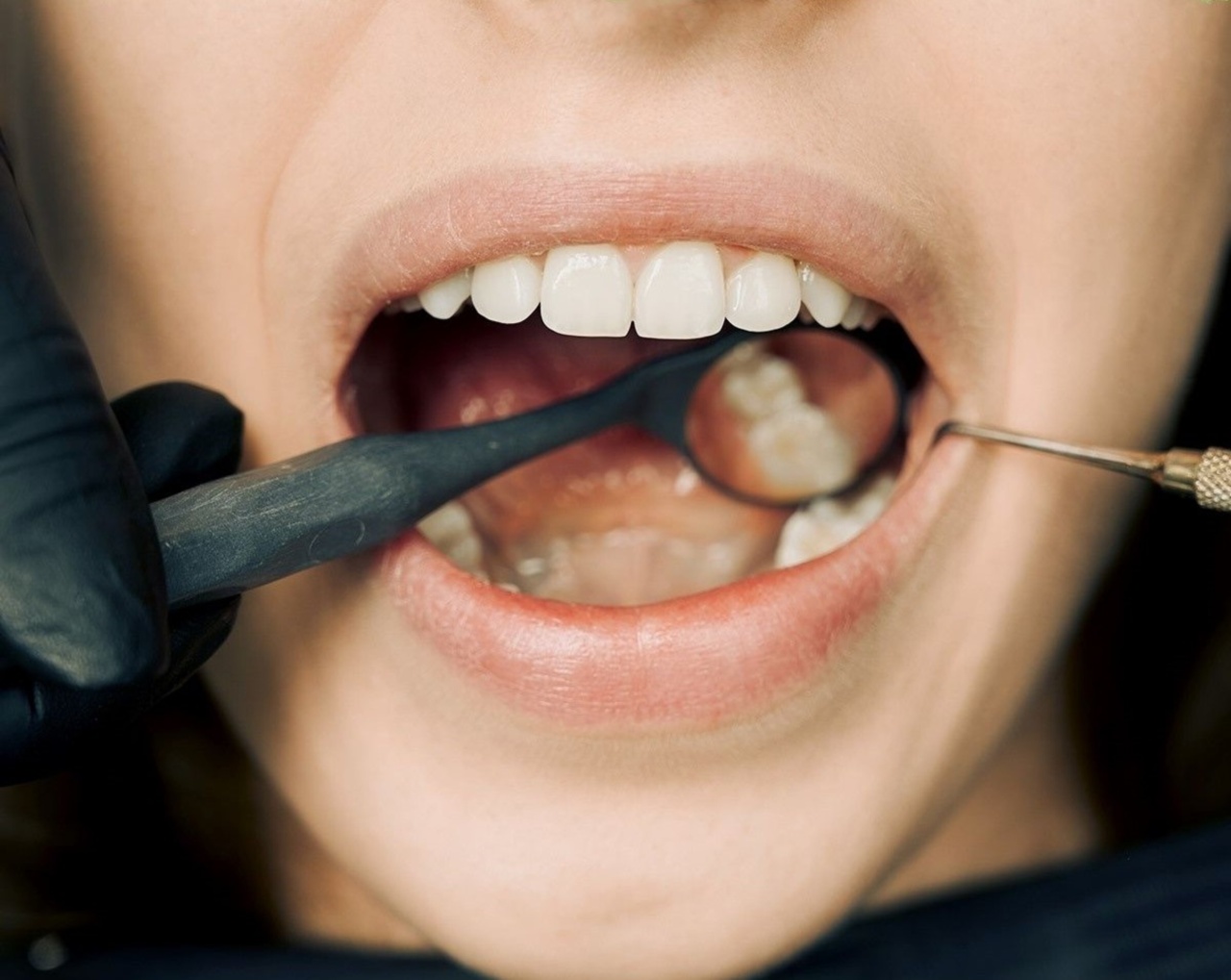Oral cancer is a serious medical condition that affects the soft tissues of the mouth or throat. It can have devastating consequences on a person’s health and quality of life.
While there are various risk factors associated with developing oral cancer, one lesser-known factor is the role that ferries can play in its development and progression.
Symptoms of Oral Cancer
Recognizing the symptoms of oral cancer is crucial for early detection and successful treatment. Here are some of the common signs and symptoms:.
1. Persistent Mouth Sores
One of the primary indications of oral cancer is the presence of persistent mouth sores that don’t heal. These sores may bleed easily and can be painful.
2. Red or White Patches
White or red patches in the mouth or on the lips can also be a symptom of oral cancer. These patches are usually painless but should not be ignored.
3. Unexplained Bleeding
If you notice unexplained bleeding from the mouth or throat, it could be an early warning sign of oral cancer. Pay attention to any unusual bleeding and seek medical attention promptly.
4. Difficulty Swallowing or Chewing
Oral cancer can impact the function of your mouth, making it difficult to swallow or chew properly. If you experience persistent difficulties in these activities, it’s important to get evaluated by a healthcare professional.
5. Chronic Sore Throat
A constant sore throat that doesn’t respond to typical treatment may be a symptom of oral cancer. If your throat feels persistently irritated or painful, it’s essential to have it checked.
6. Lump or Thickening
A lump or thickening of the skin or tissues in the mouth, throat, or neck area should not be ignored. These abnormalities can indicate the presence of oral cancer and require medical investigation.
7. Numbness or Pain
Oral cancer can cause sensations of numbness or persistent pain in the mouth or throat. If you experience these symptoms, it’s crucial to have them evaluated by a healthcare professional.
8. Loose Teeth
Loose teeth without any apparent cause can be an indication of oral cancer. If you notice a sudden change in the stability of your teeth, it’s time to consult a dentist or oral specialist.
9. Changes in Speech
Oral cancer can affect your ability to speak clearly. If you notice changes in speech patterns or voice quality, it’s important not to overlook these symptoms.
10. Ear Pain
In some cases, oral cancer can cause persistent ear pain without any signs of infection. If you suffer from unexplained ear pain, it’s essential to consider the possibility of oral cancer.
Treatment Options for Oral Cancer
Early detection of oral cancer greatly improves the chances of successful treatment. Once diagnosed, there are several treatment options available:.
1. Surgery
Surgical removal of the tumor and surrounding tissues is often the first-line treatment for oral cancer. The extent of the surgery depends on the stage and location of the cancer.
2. Radiation Therapy
Radiation therapy uses high-energy beams to target and destroy cancer cells. It is commonly used as a primary treatment for oral cancer or in combination with surgery.
3. Chemotherapy
Chemotherapy involves the use of powerful drugs to kill cancer cells. It can be administered before surgery to shrink tumors or after surgery to destroy any remaining cancer cells.
4. Targeted Drug Therapy
Targeted drug therapy utilizes medications that specifically target cancer cells, minimizing damage to healthy cells. These drugs can work in various ways to inhibit the growth and spread of oral cancer.
5. Immunotherapy
Immunotherapy aims to stimulate the body’s immune system to recognize and destroy cancer cells. It can help improve the body’s natural defenses against oral cancer.
6. Rehabilitation
After treatment, individuals may require rehabilitation to help restore normal functions, such as swallowing and speaking. This may involve working with speech therapists, dietitians, and other specialists.
Preventing Oral Cancer
While the impact of ferries on oral cancer is still being researched, there are several known risk factors that individuals can address to reduce their chances of developing the disease:.
1. Quit Smoking
Smoking, including cigarettes, cigars, and pipes, significantly increases the risk of oral cancer. Quitting smoking is one of the most effective ways to prevent the disease and improve overall health.
2. Limit Alcohol Consumption
Excessive alcohol consumption is a known risk factor for oral cancer. It’s essential to consume alcohol in moderation or avoid it altogether to lower the risk.
3. Practice Good Oral Hygiene
Maintaining good oral hygiene, such as regular brushing, flossing, and dental check-ups, can help prevent oral cancer and catch any abnormalities early.
4. Protect Against HPV
Human papillomavirus (HPV) infection is a significant risk factor for oral cancer. Vaccination against HPV can help protect against certain strains of the virus and reduce the risk of developing oral cancer.
5. Eat a Healthy Diet
A well-balanced diet rich in fruits and vegetables provides essential nutrients and antioxidants that can support overall health, including oral health.
6. Avoid Excessive Sun Exposure
UV radiation from the sun can increase the risk of lip cancer. Using lip balms with SPF and wearing protective clothing can help prevent damage to the lips.
Conclusion
While ferries may not be a commonly recognized risk factor for oral cancer, it’s important to be aware of all the potential causes and symptoms. Early detection and treatment are vital for improving outcomes and survival rates.
By understanding the impact of ferries on oral cancer and taking proactive steps to reduce other risk factors, individuals can help safeguard their oral health.





























